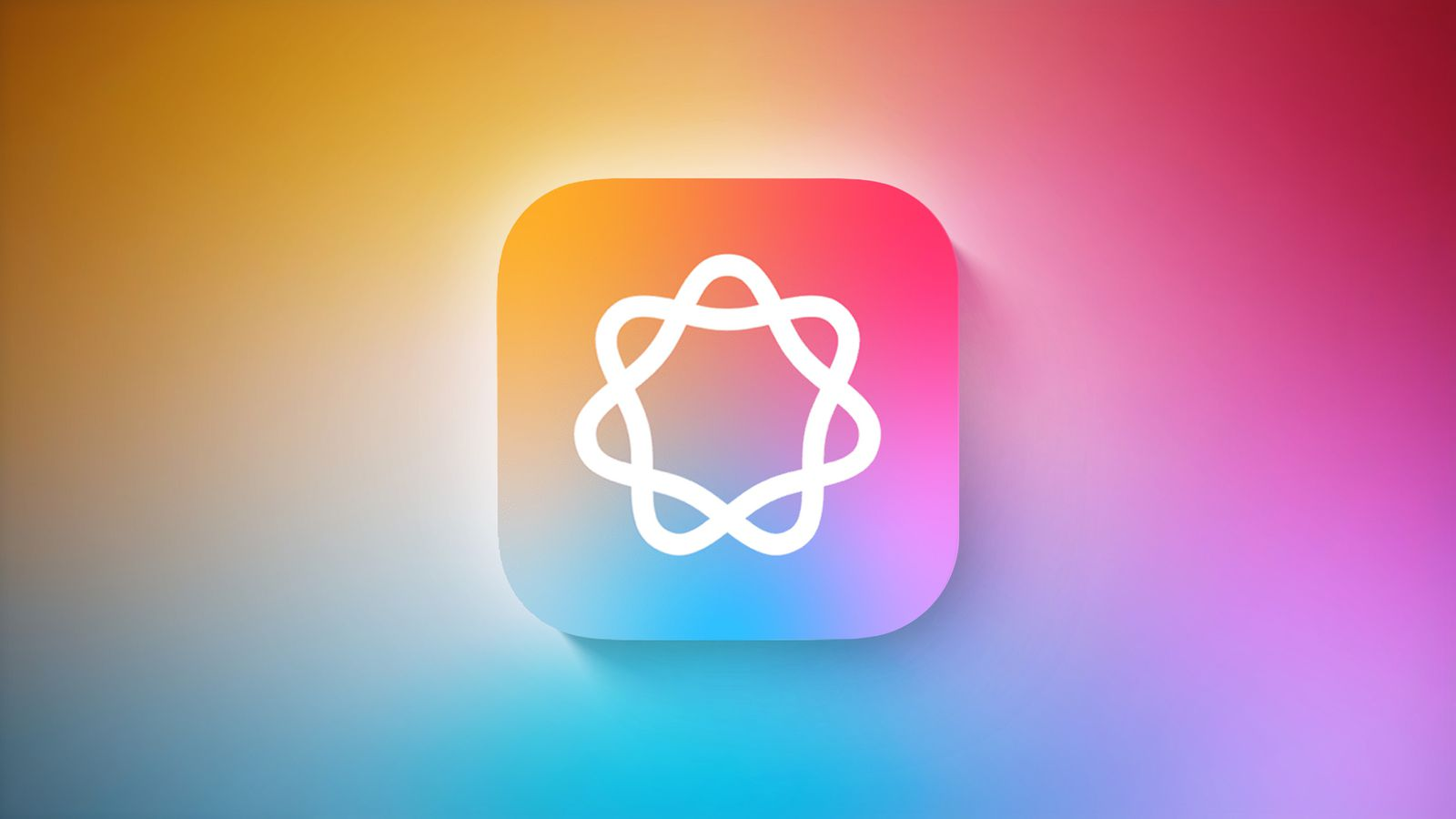Apple is gearing up to catch up with its rivals in the AI space, with a significant push in 2025 through new chips and device models that will support its “Apple Intelligence” initiative. While internal reports suggest that Apple is currently behind competitors like Google in AI development, the company is optimistic about closing the gap with new software updates and hardware upgrades.

The rollout of Apple Intelligence is expected to begin soon, with users noticing early improvements to Siri with the release of iOS 18.1, which is projected to arrive by the end of October. These updates will include smarter notifications, email summaries, and even more seamless integration with ChatGPT for advanced queries. More advanced features, such as generative emoji creation and the new Image Playground, are planned for release in early 2025.
However, according to a report by Bloomberg, some Apple employees feel the company has fallen significantly behind in AI, especially when compared to ChatGPT, which is reported to be about 25% more accurate and capable of answering 30% more questions than Siri. Rivals like Google have already implemented features that Apple is just beginning to develop, such as email summaries and advanced AI integration.
Apple’s unique focus is on privacy and security, with an emphasis on on-device processing of AI tasks. Users are informed when external resources like ChatGPT are being used and what, if any, personal data is being shared. This approach distinguishes Apple from competitors that rely more heavily on cloud-based AI models.
To power Apple Intelligence, only high-end models like the iPhone 15 Pro, Pro Max, and newer devices equipped with at least an A17 or M1 chipset and 8GB of RAM will be able to fully support the technology. This hardware requirement underscores Apple’s strategy of blending cutting-edge AI features with high-performance devices, ensuring a smooth user experience.
In its effort to close the AI gap, Apple plans to hire more engineers, acquire innovative AI startups, and significantly increase its investment in AI development. New devices, such as the upcoming iPhone SE and entry-level iPad, will also feature AI-ready chips like the A18 and M1, ensuring they can run the upcoming Apple Intelligence features.
By early 2026, Apple expects its entire lineup of Macs, iPhones, and iPads to be fully integrated with Apple Intelligence, offering users advanced AI capabilities. With new hardware releases and product redesigns on the horizon, Apple aims to convince users to upgrade and fully embrace its AI-powered future.